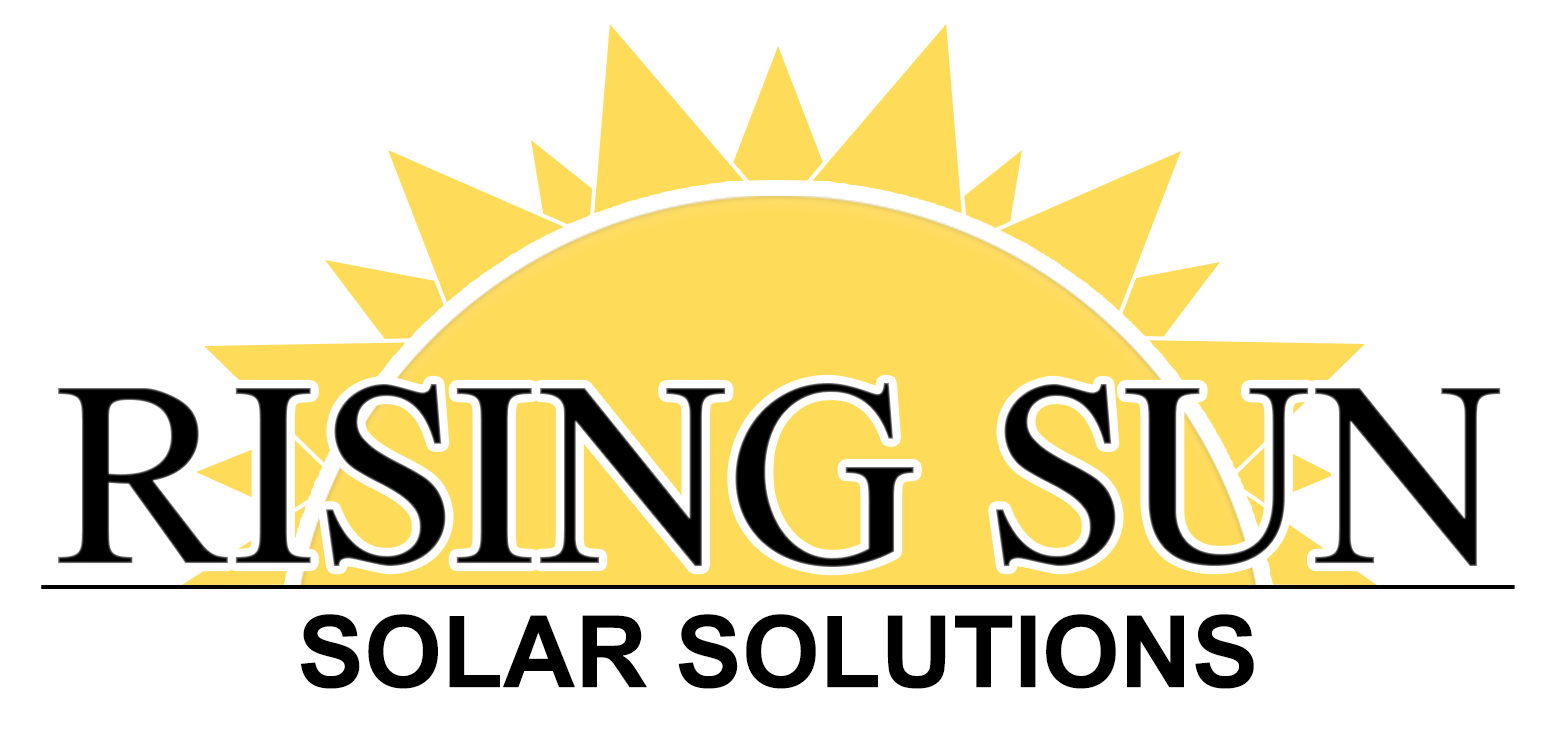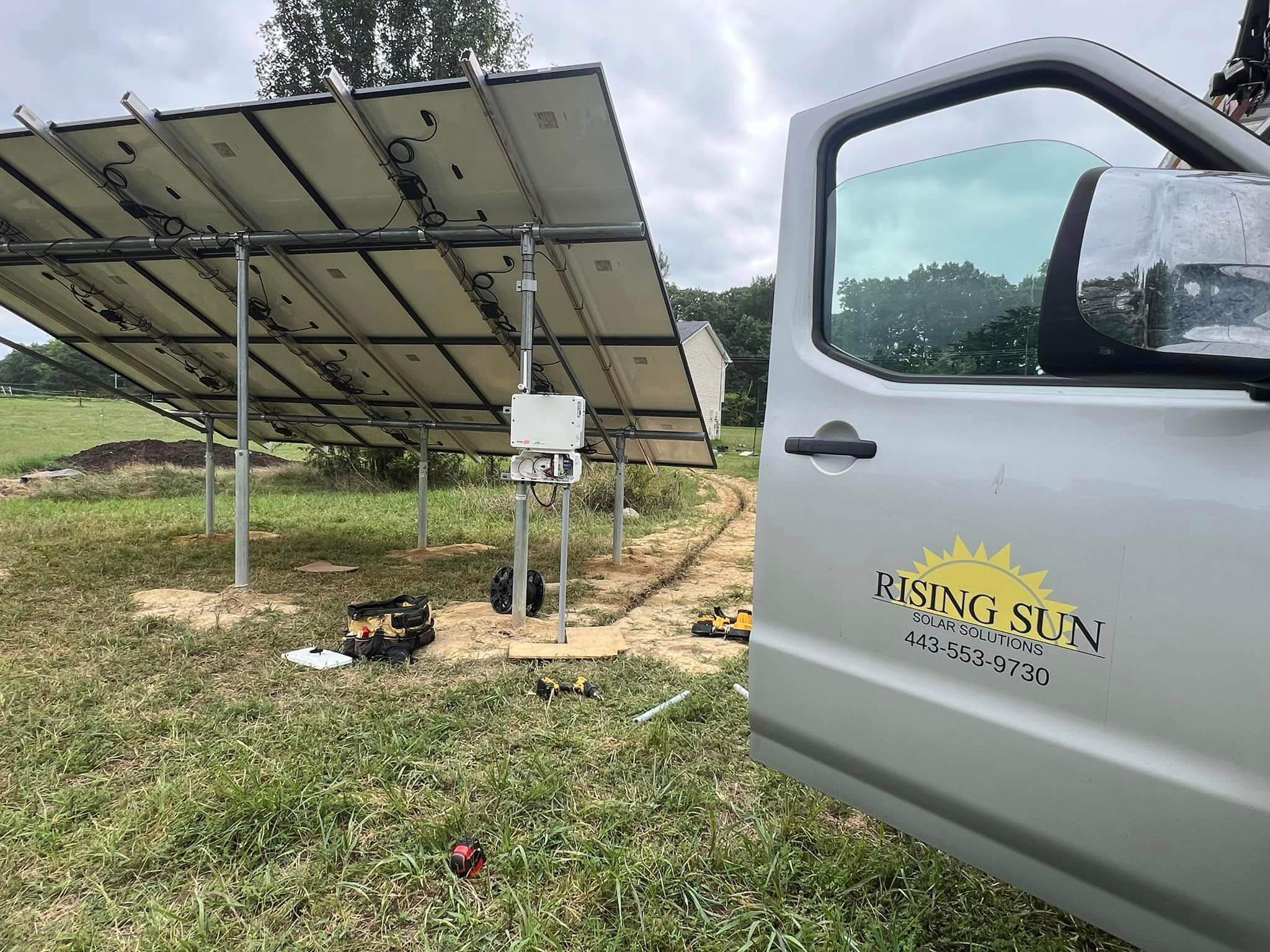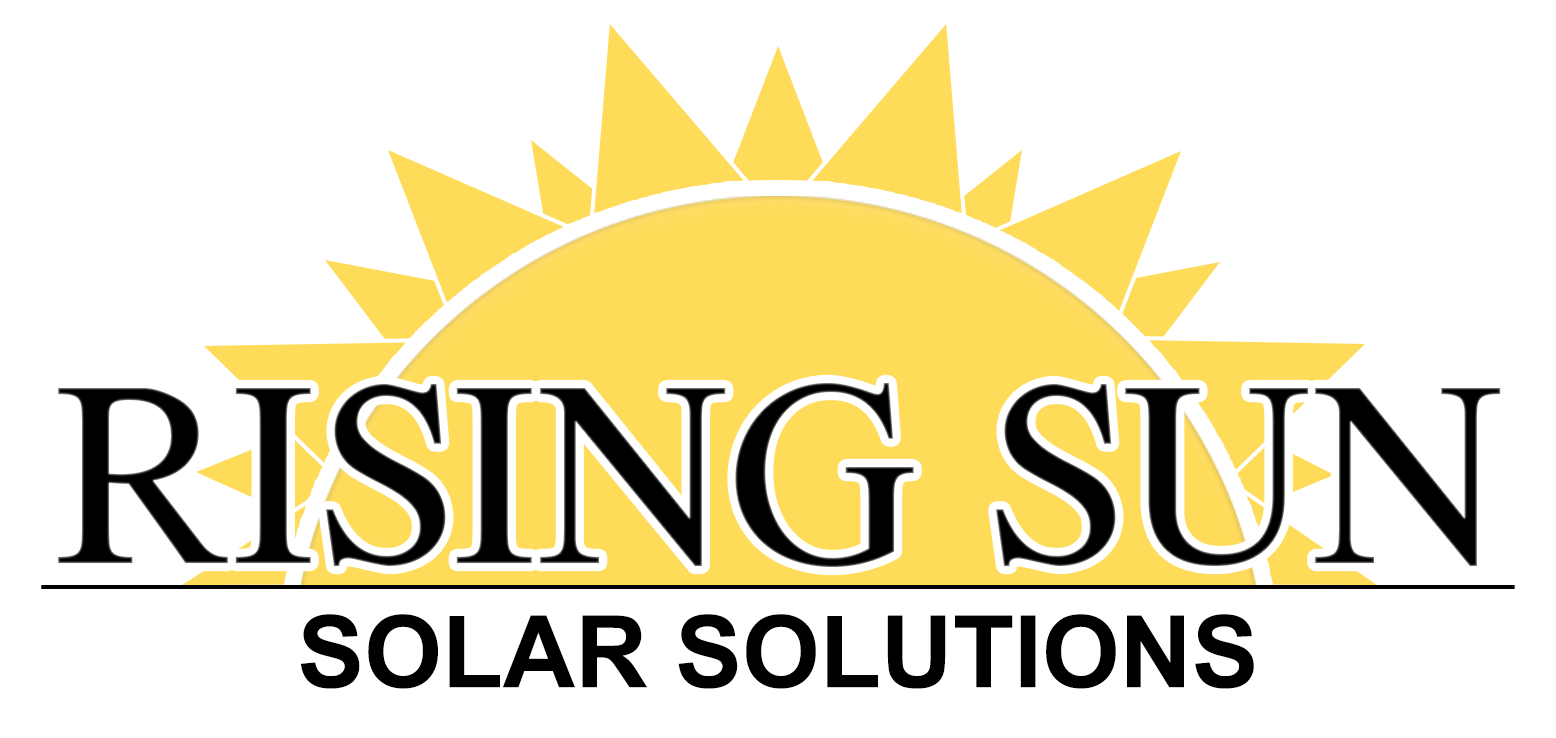Not everything in life has a guarantee, but the truth is life is better with one. That is why almost any good installation will include solar panel warranties on your unit.
If you are worried about the longevity and reliability of your solar panels, a warranty can be the peace of mind that you need to go solar. Not only does a warranty safeguard your investment, but it also makes it easier to ensure your panel’s efficiency in the long run.
Read on to discover why solar panels are so important and what they entail.
What Are Solar Panel Warranties?
A solar panel warranty is a guarantee provided by the manufacturer and/or installer, protecting you against defects and accidental damages. These warranties typically cover the panels themselves, but can also extend to other components of the solar energy system, such as inverters and mounting hardware as well as the roof itself.
Solar panel warranties come in two primary forms: product (or equipment) warranties and installation/workmanship warranties. Both types of warranties are essential in making sure your solar unit operates as it should and that installation is done properly.
Why Solar Warranties Are Important?
Solar panel systems are a significant investment, often costing thousands of dollars. As with any major purchase, you want to ensure that your investment is protected. Solar panel protection is important for several reasons:
- Protection Against Defects: While solar panels are generally reliable, manufacturing defects can occur. A warranty ensures that if your panels have defects, they will be repaired or replaced at no additional cost.
- Installation Assurance: The installation of solar panels involves complex processes that, if done incorrectly, could lead to roof leaks or system failures. An installation warranty ensures that such issues are covered, providing peace of mind that your system is installed correctly.
- Financial Security: Should anything go wrong with your solar panels, a warranty can save you from unexpected repair or replacement costs, which can be substantial.
- Increased Property Value: Homes with solar panels often have higher property values, and a solid warranty can be a selling point if you decide to sell your home in the future.
What Is the Difference Between Manufacturer Warranties and Installation Warranties?
When it comes to solar panel warranties, it’s important to distinguish between manufacturer warranties and installation warranties, as they cover different aspects of your solar energy system.
Manufacturer Warranties
Warranty on solar panels and inverters sometimes referred to as product warranties, are provided by the company that manufactures the solar panels. These warranties typically cover defects in materials or workmanship. For example, if a solar panel has a manufacturing defect that causes it to stop working, the manufacturer warranty would cover the cost of repair or replacement.
Installation Warranties
Installation warranties are provided by the company that installs the solar panels. These solar panel warranties cover issues related to the installation process, such as improper mounting, faulty wiring, or roof leaks caused by the installation. If there are any problems due to installation errors, the installer will be responsible for repairing the damage.
Warranty Coverage Explanation
Understanding what is covered under your solar panel warranty is essential for protecting your investment. Here’s a breakdown of the typical coverage you can expect:
- Defective Panels: If a solar panel is found to be faulty due to manufacturing issues, the warranty will cover the cost of a replacement or repair.
- Workmanship Issues: An installation warranty covers any problems arising from the installation process, including improper mounting, faulty wiring, or roof leaks.
- Roof Penetration: Installation warranties often include coverage for any roof damage that occurs due to improper installation. This is crucial as a system that isn’t installed correctly can lead to leaks and other structural issues.
- Labor Costs: Some warranties also cover labor costs associated with repairs or replacements. However, this is not always the case, so it’s important to read the fine print.
- Inverter Coverage: Inverters, which convert solar energy into usable electricity, may also be covered under the manufacturer’s warranty.
How Long Does a Solar Warranty Last?
The duration of a solar panel warranty can vary significantly depending on the manufacturer, the solar panel installer company, and the type of warranty. Here’s what you can typically expect:
- Product Warranty: Most solar panel product warranties last between 10 to 25 years. High-quality panels from reputable manufacturers tend to offer longer warranties, reflecting their confidence in the durability and reliability of their products.
- Installation Warranty: Installation warranties usually range from 5 to 15 years, though some companies may offer longer coverage. These warranties ensure that your system is installed correctly and safely, protecting against workmanship errors and roof penetration issues.
Factors That Can Void Your Warranty
While solar panel warranties offer robust protection, certain actions or circumstances can void your warranty. Understanding these factors is key to ensuring your warranty remains valid:
- Unauthorized Repairs: If you attempt to repair or modify your solar panels without using authorized professionals, you may void your warranty. Always work with the certified technicians from your original solar installer for any maintenance or repairs.
- Improper Installation: If your solar panels were not installed according to the manufacturer’s guidelines, the warranty might be voided. This is why it’s crucial to choose a reputable installer.
- Environmental Damage: Warranties typically do not cover damage caused by environmental factors such as hurricanes, floods, or lightning strikes. It’s essential to check if your homeowners’ insurance covers such events.
- Failure to Maintain: Neglecting regular maintenance or failing to follow the manufacturer’s maintenance guidelines can also void your warranty. Regular cleaning and inspections are necessary to keep your panels in good condition.
- Third-Party Components: Using components from other manufacturers or adding third-party equipment that’s not approved by the panel manufacturer can void your warranty. Always use compatible and approved products with your solar energy system.
Are There Additional Solar Panel Protection Plans?
In addition to standard warranties, some companies offer extended protection plans or service contracts that provide additional coverage. These plans can cover aspects not included in the standard warranty, such as:
- Extended Labor Coverage: Some plans extend the labor warranty beyond the initial coverage period, ensuring that any repairs needed after the installation warranty expires are still covered.
- Annual Maintenance: Certain plans include regular maintenance visits, ensuring that your system is kept in optimal condition and helping to prevent issues that could void your warranty.
- Monitoring Services: Some protection plans offer enhanced monitoring services, allowing for real-time tracking of your system’s performance and quick identification of any issues.
These additional protection plans can be a good investment, especially if you want extra peace of mind or if your system is in an area prone to extreme weather conditions.
Can Installing Solar Panels Affect Other Insurance or Warranty Plans?
Installing solar panels can impact your homeowners’ insurance and other warranties. Here’s what you need to know:
- Homeowners’ Insurance: You may be wondering do home warranties cover solar panels. Most homeowners’ insurance policies will cover solar panels, but it’s essential to inform your insurance provider about the installation. Your premiums may increase slightly due to the added value of the solar panels, but they will be covered in case of damage from covered events.
- Roof Warranty: If your roof is under warranty, installing solar panels could potentially void that warranty, especially if the installation causes damage. It’s important to check with your roofing company before proceeding with the installation and to work with installers who offer roof penetration warranties.
- Appliance Warranties: In rare cases, the installation of a solar energy system could impact the warranties of other electrical appliances in your home. Always check the terms of your appliance warranties and consult with your solar installer to avoid any conflicts.
Are Solar Warranties Transferable?
If you decide to sell your home, one of the questions that may arise is whether your solar panel warranties are transferable to the new owner. The good news is that most solar panel warranties are transferable, but there are a few things to keep in mind:
- Manufacturer Warranties: Many manufacturer warranties are transferable, but some may require a transfer fee or specific paperwork to be completed. This is usually a straightforward process, but it’s important to handle the transfer properly to ensure the new owner can benefit from the warranty.
- Installation Warranties: Installation warranties may also be transferable, though this depends on the installer’s policies. As with manufacturer warranties, make sure to check the terms and conditions to facilitate a smooth transfer.
- Impact on Property Value: The ability to transfer solar warranties can be a significant selling point, as it assures potential buyers that the solar panels are protected. This can increase the appeal and value of your property.
Finding the Best Solar Panel Warranty
Usually finding the best solar panel warranty goes hand in hand with picking the right solar installer. If an installer offers a beneficial warranty, then it means they stand by their work and trust their manufacturer.
At Rising Sun Solar Solutions, we are proud to offer one of the most extensive installation warranties for 15 years. Our manufacturer, SolarEdge, provides a 25-year warranty, which shows their dedication to quality solar panels and inverters.
Contact us today to find out more about our promise to make your solar unit the best on the block.


